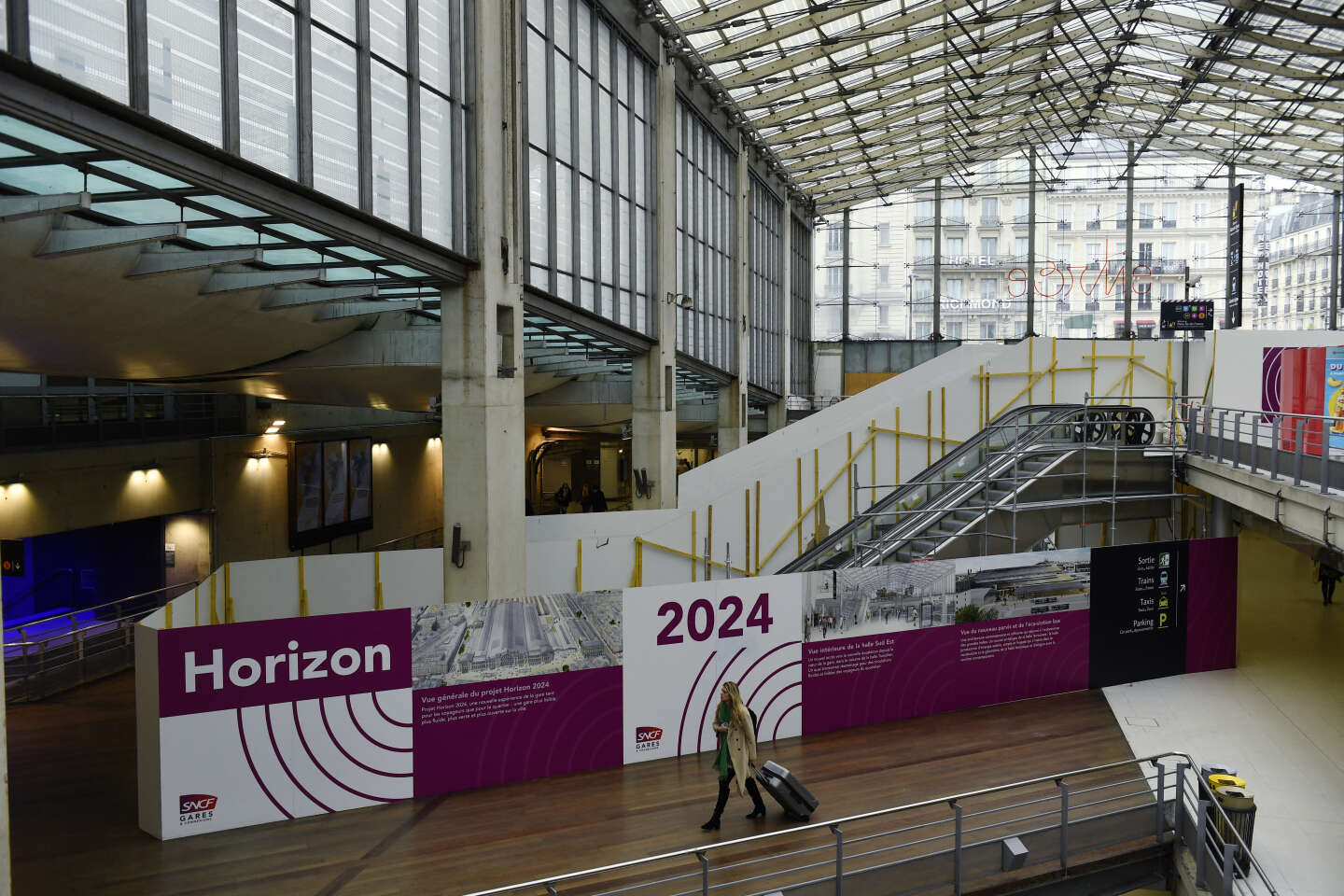“There is no question of slowing down our activity.” Like Thibault Darsy, the human resources director of Doctolib, the leaders of Ile-de-France companies, when we questioned them, a few weeks ago, about how they anticipated the summer of 2024 and the constraints linked to the Olympic Games and Paralympics (from July 26 to August 11, then from August 28 to September 8), responded that they were rather inclined not to slow down compared to a usual summer.
Read also: Paris 2024: everything you need to know about traffic conditions during the Olympic Games
“Penalize economic life as little as possible, but also social life and the life of local residents, while ensuring security”this is precisely the message that the Paris police prefect, Laurent Nuñez, wanted to convey by presenting, on Wednesday November 29, with the mayor of Paris, the socialist Anne Hidalgo, the mayor of Saint-Denis, the socialist Mathieu Hanotin, and the president of Paris 2024, Tony Estanguet, the security perimeters which will be set up around the various Olympic sites, as well as the elements of traffic regulation during the period of the Games.
“The challenge for us is to ensure that we can experience this exceptional period that will be the Games while preserving the city’s activities”assured Mrs. Hidalgo. “We will guarantee the conditions for normal life”added Mr. Hanotin, while adding: “With adaptations, because [des] constraints, there will be some, we must not deny it, but the different traffic and security perimeters will be there to better experience them. »
In this case, these perimeters will consist of two security zones as close as possible to the sites and two traffic zones around these sites. Regarding security, a first level of protection, known as SILT (from the law strengthening internal security and the fight against terrorism) will be deployed. To enter, you will have to be searched. A second level will only be accessible to accredited people or those with a ticket.
Registration platform and QR code
Regarding the circulation of motorized vehicles (two or four wheels), blue and red perimeters will be put in place. In the blue zone, only the vehicles of people who live there, work there or who have to go to a business or restaurant (delivery drivers) will be authorized to circulate. In the red zone, vehicle circulation will be prohibited, unless there is an exemption.
These restrictions (which will not apply to bicycles or pedestrians) will be applied two and a half hours before the start of the competitions and up to one hour after them. In the center of Paris (Concorde, Invalides, Grand Palais, Champ-de-Mars, Trocadéro), they could be effective from 6:30 a.m. to midnight.
You have 50% of this article left to read. The rest is reserved for subscribers.
